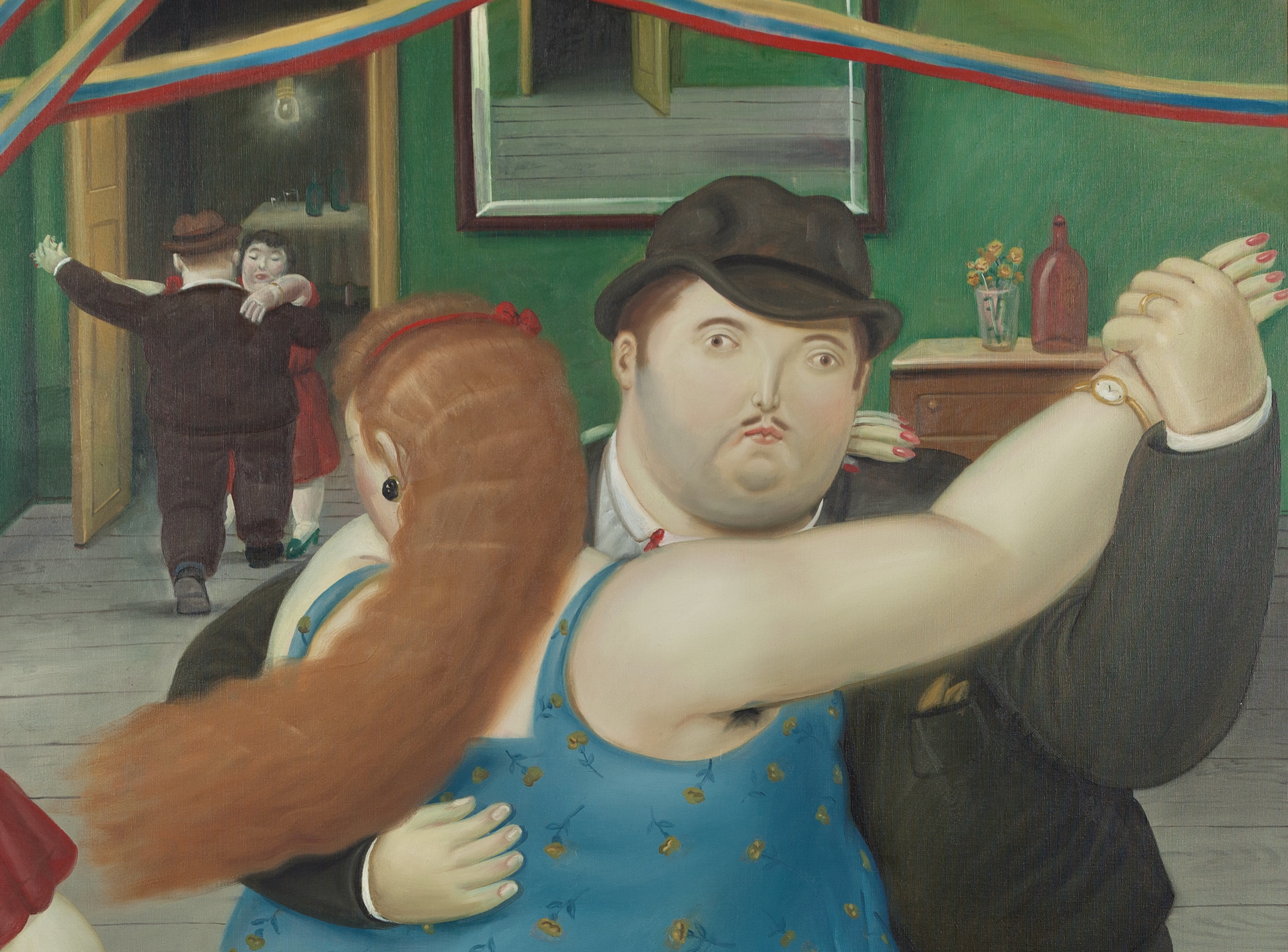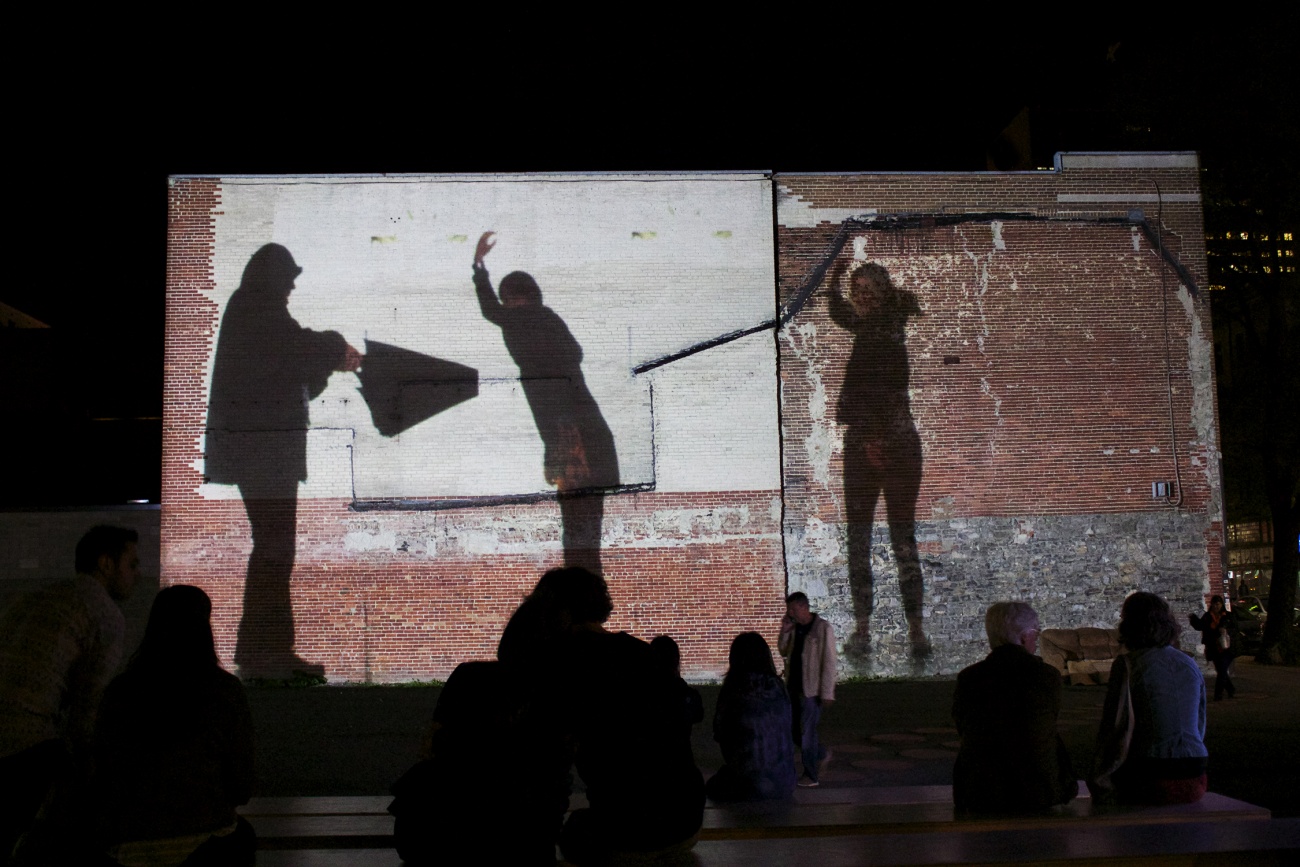By Enrico Bertacchini, Alessandra Venturini and Roberto Zotti

Migration has become in the last decades one of the most overarching phenomena at the global level. Much of the academic and policy debate has focused on the determinants of economic and social integration at receiving societies, but very little attention has been devoted on migrants’ engagement in arts and cultural activities and in general on their cultural integration. Using Italy as a case study, we find that, rather than personal cultural capital, cultural participation is significantly and primary driven by the process of acculturation which takes place during the staying in the host country. At the same time, the effect of migrants’ cultural background is more complex, varying across cultural groups and depending on the type of cultural activities considered.
Continue reading “WHAT DRIVES CULTURAL PARTICIPATION OF IMMIGRANTS IN THE HOST COUNTRY?”




Recent Comments